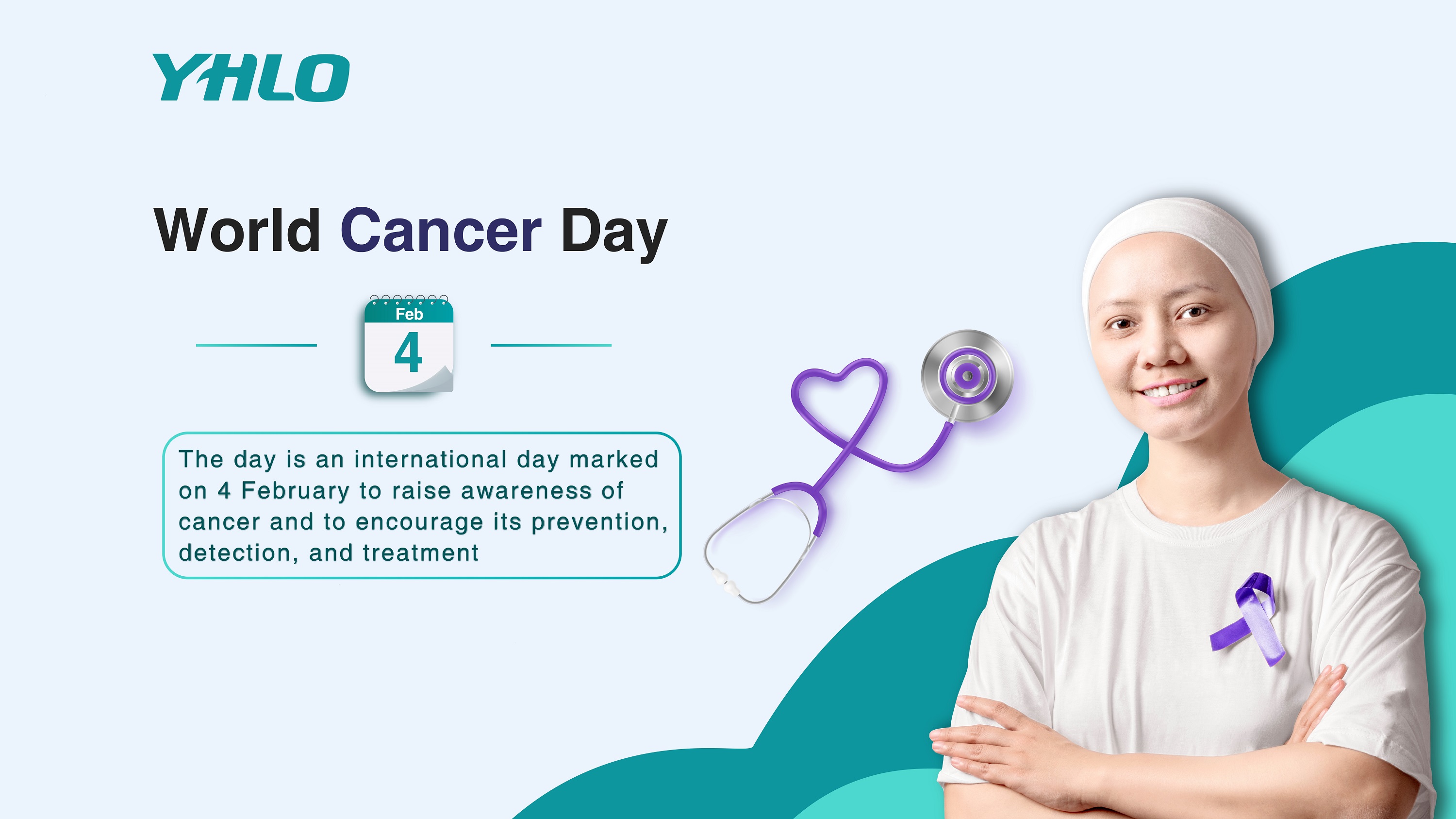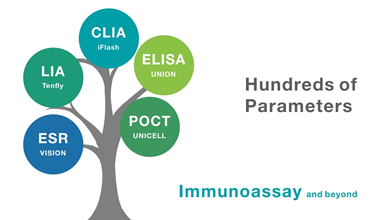World Cancer Day: Close the Care Gap
Summary:

February 4 is World Cancer Day. Cancer is a leading cause of death worldwide, and according to data released by the World Health Organization, in 2020, 19.3 million new cases of cancer and nearly 10 million deaths were recorded worldwide. The most common in 2020 (in terms of new cases of cancer) were:
breast (2.26 million cases);
lung (2.21 million cases);
colon and rectum (1.93 million cases);
prostate (1.41 million cases);
skin (non-melanoma) (1.20 million cases);
stomach (1.09 million cases).
The most common causes of cancer death in 2020 were:
lung (1.80 million deaths);
colon and rectum (935 000 deaths);
liver (830 000 deaths);
stomach (769 000 deaths);
breast (685 000 deaths).
The threat of cancer is hidden in the details of life, and 5 good cancer prevention habits can reduce the risk of cancer.
The occurrence of cancer may be caused by decades of poor lifestyle habits, and according to the World Health Organization (WHO), 30-50% of cancer occurrences can be avoided. Cancer demons are hidden in the details, regardless of diet and living environment, all of which have hidden cancer risks. Practicing 5 good cancer prevention habits can reduce the risk of cancer by 60-70% and beat back the cancer demon.
5 good habits for cancer prevention are:
1. Eat more fresh fruits and vegetables. Phytonutrients found in fruits and vegetables most likely work together to lower cancer risk, rather than a particular food component affecting risk. Some help regulate hormones, such as estrogen. Others slow cancer cell growth or block inflammation. Many lower the risk of damage caused by oxidants.
2. Regular exercise. Exercise for at least 30 minutes a day and more than 150 minutes a week can help prevent colon, breast, endometrial, pancreatic, and kidney cancers.
3. Weight control. Studies have shown that if body weight exceeds 40% of an individual's ideal weight, the risk of cancer increases by 33% for men and 55% for women. To maintain body weight, the body mass index (BMI) must be controlled between 18.5 and 24, or a waist circumference of no more than 90 centimeters for men and 80 centimeters for women as a benchmark.
4. Stay away from betel nut. According to WHO, betel nut chewing may cause cancer of the mouth, pharynx, larynx and esophagus; studies have also found that about 30% of cancer deaths are related to smoking, and not only are smokers themselves at health risk, second-hand smoke is also hazardous to health. In recent years, e-cigarettes have become popular, and many people believe that e-cigarettes do not produce tar and therefore do not cause cancer, but the formaldehyde in the ingredients of e-cigarettes has been classified by the International Agency for Research on Cancer (IARC) as a Class I carcinogen, which may have cancer-causing risks.
5. Regular screenings. Taking a health inventory of your body is an effective tool for early detection of cancer and reducing mortality.
Tumor markers
This screening is to check the level of tumor markers in the body through blood. It is also one of the most basic tests in clinical screening for cancer, including: alpha-fetoprotein (liver cancer), serum carcinoembryonic antigen (gastrointestinal cancer, lung cancer), cancer antigen 125 (ovarian cancer), prostate-specific antigen (prostate cancer), and human chorionic gonadotropin (gynecological tumors, non-transgenic testicular cancer). When tumor markers are abnormally elevated, the next step of close examination is required.
Imaging
The detection and diagnosis of solid malignant tumors cannot be made without imaging examinations. For example, x-ray, CT screening, B ultrasound examination, MRI presentation, etc. are commonly used in clinical screening. In addition, for gastrointestinal tumors, screening such as colonoscopy and gastroscopy are also required.
Gynecological screening
Gynecologic cancer screening can determine the presence of cancer cells in a woman's body. For example, liquid-based thin layer cytology (TCT) is one of the commonly used screening tests, which can help diagnose cervical cancer clinically. Mammography is also considered to be the easiest and most reliable way to detect breast cancer. In addition, gynecologic ultrasound can also detect gynecologic inflammation and tumors as early as possible.
YHLO provides cancer serological screening on the chemiluminescence (CLIA) platform to assist in the detection of early primary tumors, screening of high-risk groups, differential diagnosis of benign and malignant tumors, judgment of tumor development, and observation and evaluation of tumor treatment effects , tumor recurrence and prognosis prediction.


+86 755 26601910
marketing@szyhlo.com
© 2020 Shenzhen YHLO Biotech Co., Ltd. All rights reserved. 粤ICP备17105123号







 Language
Language 




